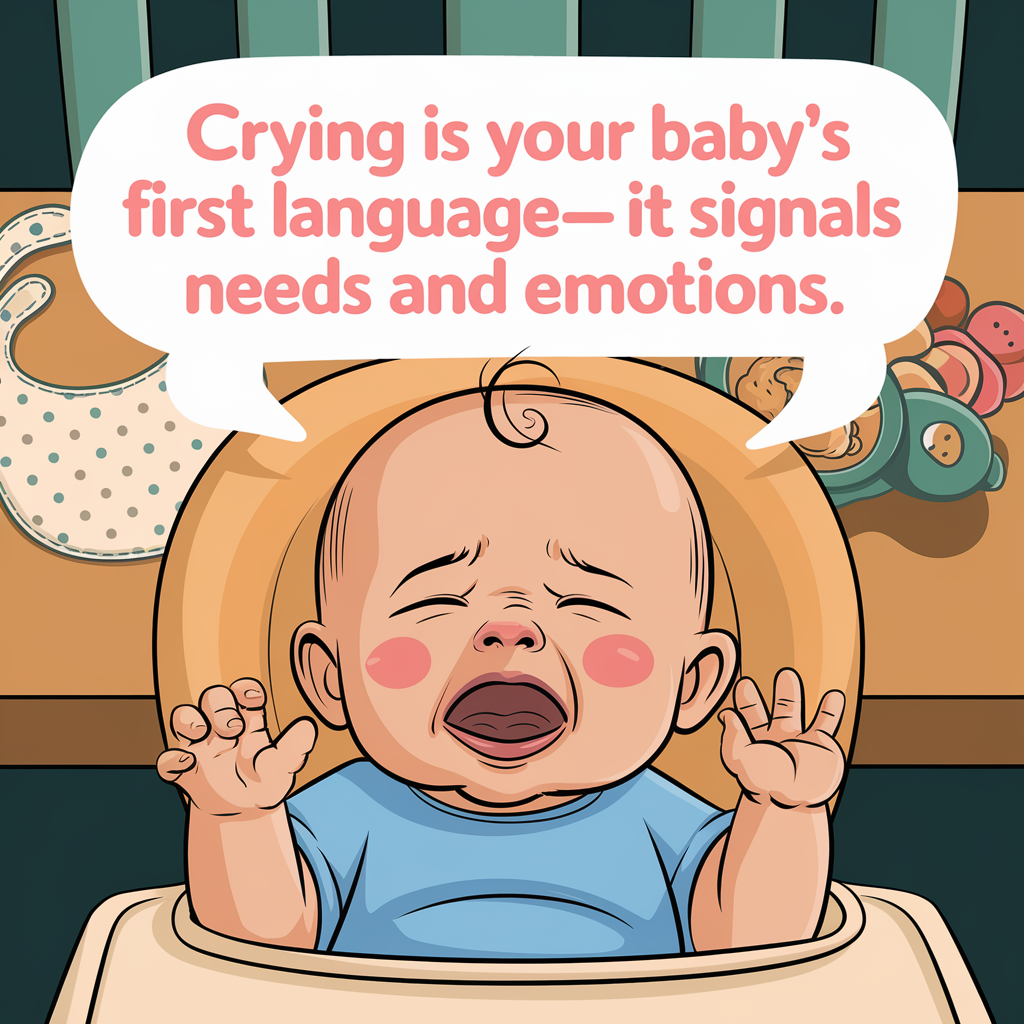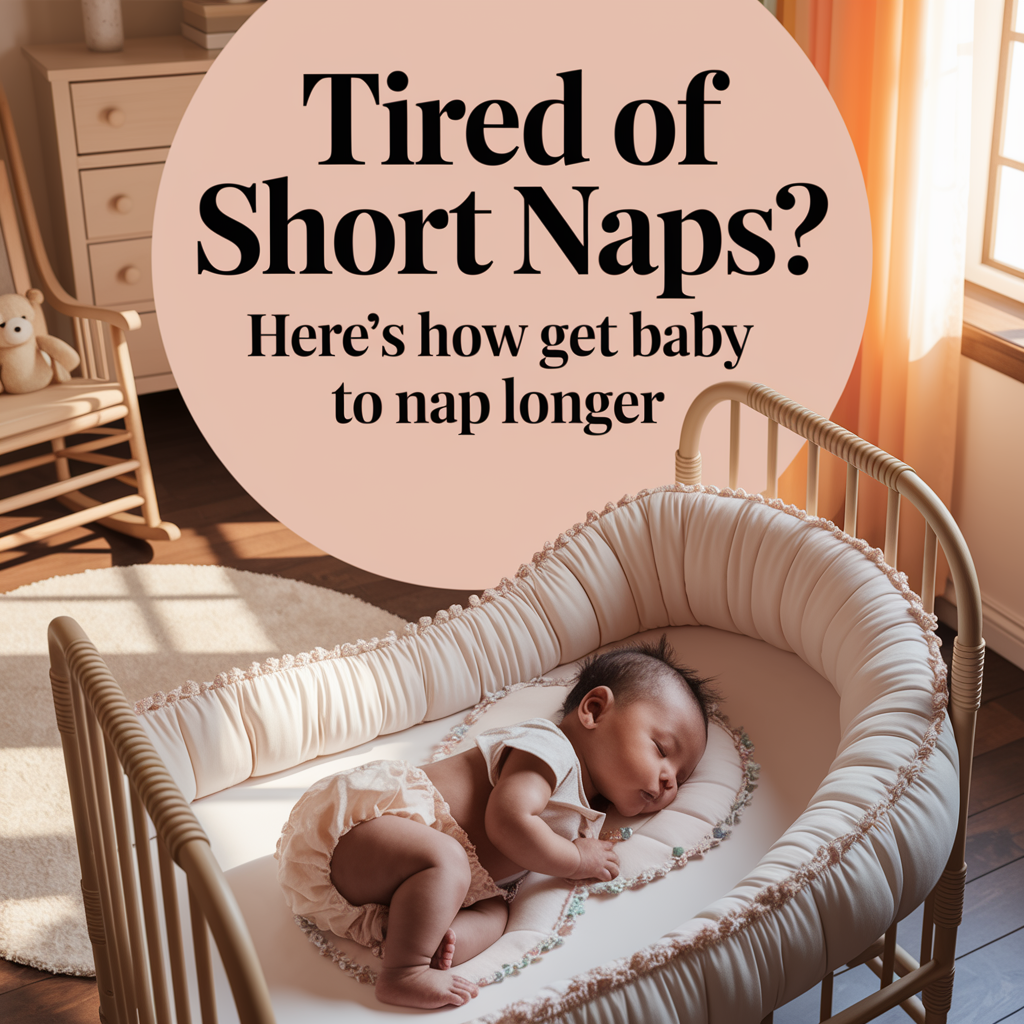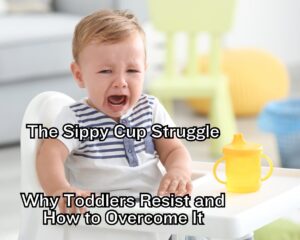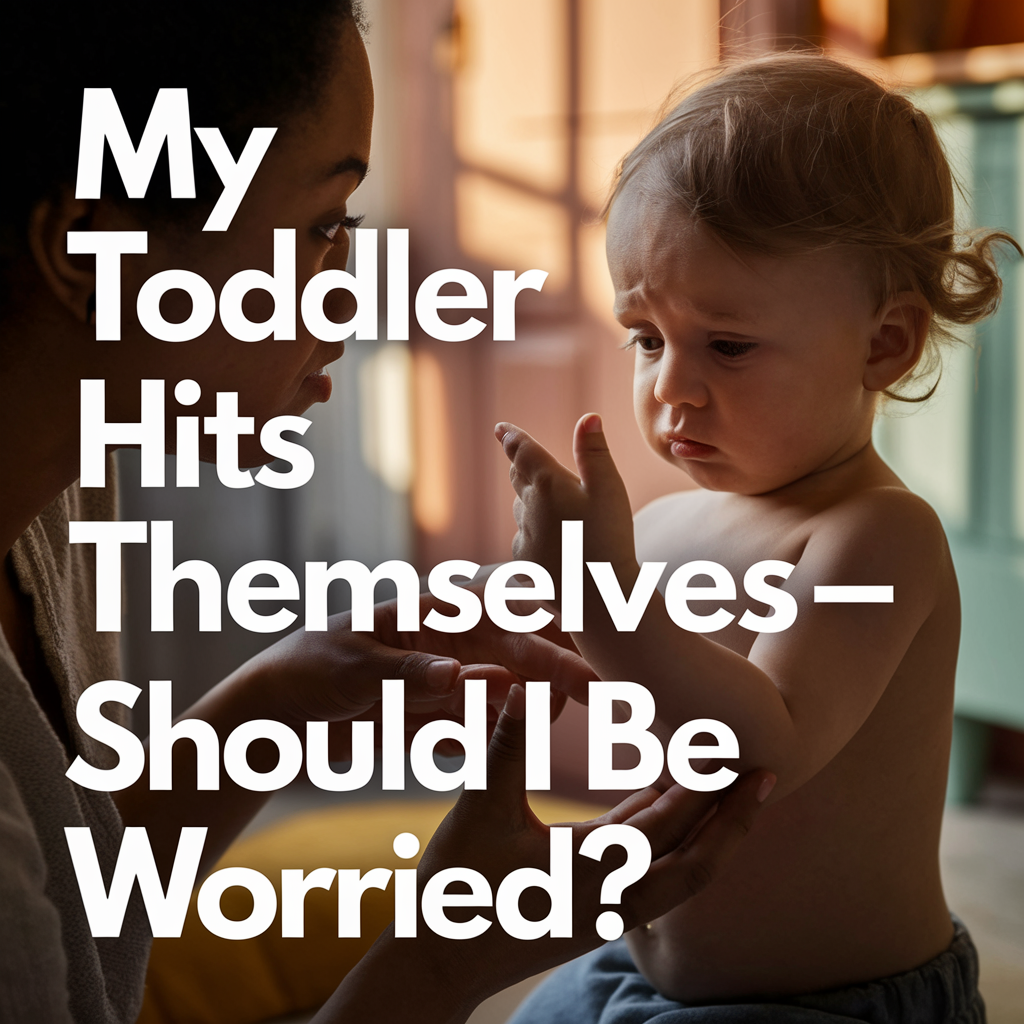
What’s Really Going On When Toddlers Hit Themselves
The first time I saw my toddler smack her own forehead during a tantrum, my heart dropped. I froze—was this normal? Was she hurt? Was something seriously wrong? It turns out, I’m not the only parent who’s asked, why does my toddler hit themselves when they’re upset?
In most cases, it’s not because they want to harm themselves. It’s because toddlers are emotional fireballs in tiny bodies—with very few tools to manage what they’re feeling.
Here’s what might actually be happening:
- Emotional overload – Toddlers don’t know how to say “I’m overwhelmed,” so their body reacts instead.
- They want control – Hitting themselves can weirdly feel like control in the chaos of a meltdown.
- It’s sensory-related – Some toddlers hit for sensory stimulation or to self-soothe.
- They’re frustrated – If they can’t communicate or get what they want, it builds until it explodes.
I used to think this kind of behavior meant I had done something wrong as a parent. But once I started reading more and talking to other moms, I realized it’s incredibly common—especially during those peak toddler years when tantrums rule the house.
If you’re in the thick of decoding toddler meltdowns, I highly recommend reading Understanding Toddler Behavior and Navigating Stormy Waters: Tantrums and Meltdowns. Both gave me the confidence to handle these moments with way more calm and way less panic.

Is It Normal for Toddlers to Hit Themselves When Upset?
Yes, it’s actually very common, and for most toddlers, it’s not something to be alarmed about—at least not immediately. The key is understanding why your toddler hits themselves and how often it’s happening.
Here’s what I learned from both research and real-life parenting:
- It’s a form of release – When toddlers can’t express their anger or sadness in words, physical actions take over.
- They’re not trying to hurt themselves in the adult sense – It’s more about trying to feel something than cause pain.
- It often passes with time and guidance – As toddlers build emotional regulation skills, this behavior usually fades.
But if your child is hitting themselves repeatedly, with intensity, or outside of tantrum moments (like while calm), that’s when it’s time to start watching closer and maybe chat with your pediatrician.
I’ve had moments where I doubted my parenting entirely. That’s when Navigating Parenthood Together really resonated. Because let’s be honest—we’re all just doing our best, even when our toddler is in full meltdown mode on the living room rug.
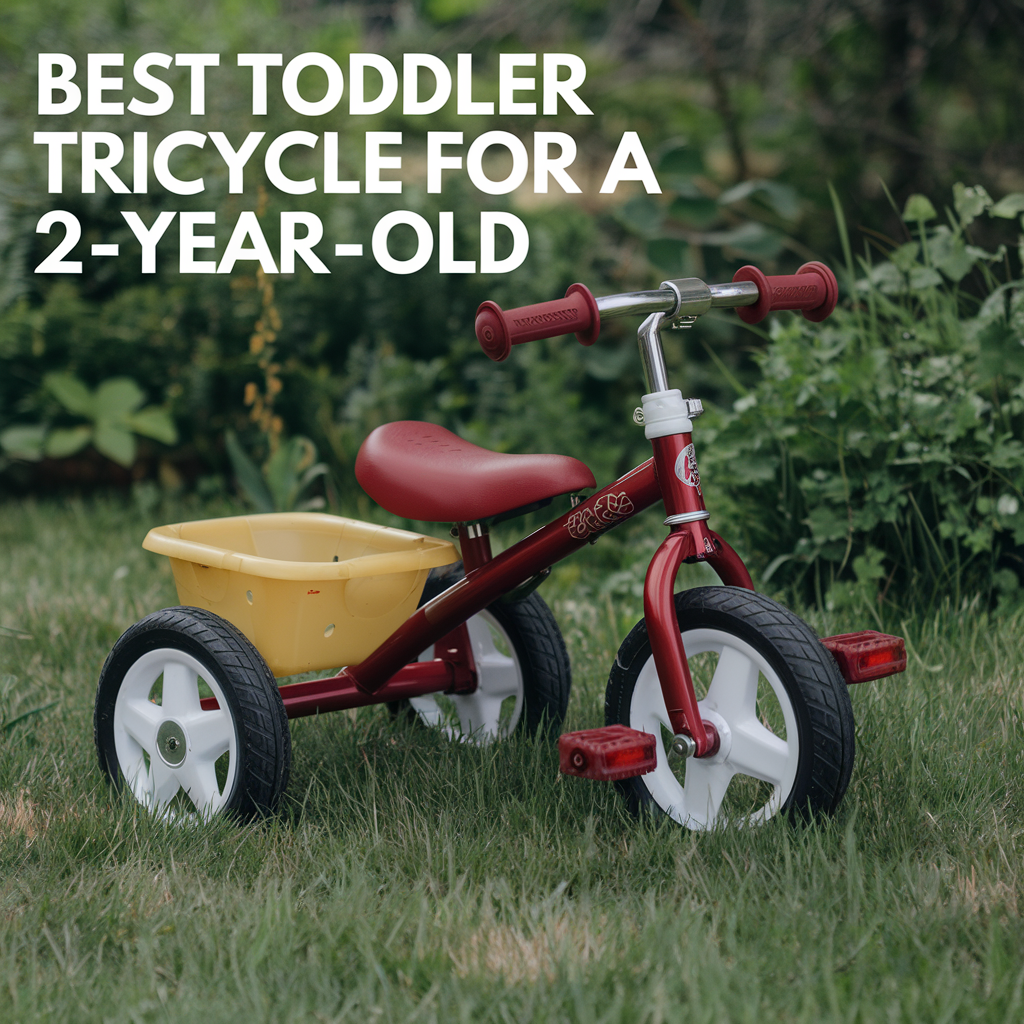
Why Does My Toddler Hit Their Head in a Tantrum?
This is one of those moments where panic kicks in as a parent. Your toddler is already mid-screaming fit, and then—bam—they slam their head on the floor or smack their forehead with their hand. You freeze. You think, Is this normal? Is my kid okay? What if they really hurt themselves?
I’ve been there, and here’s what I’ve learned: it’s often more dramatic than dangerous.
Head-hitting during tantrums is usually a form of emotional release. Toddlers don’t know how to verbalize “I’m frustrated, overstimulated, and need help regulating myself,” so their bodies take over.
Here’s why toddlers might go for the head during big emotions:
- It gets your attention fast – Whether you’re across the room or two feet away, they know this behavior makes you come running.
- It feels powerful – Strange as it sounds, doing something intense gives them a sense of control.
- It may bring sensory relief – The impact might oddly feel grounding to some toddlers, especially if they’re overwhelmed or have sensory sensitivities.
That doesn’t mean you should ignore it. I usually stay calm (even if I’m freaking out inside), gently intervene to protect their head, and help them move through the meltdown safely.
The article on Understanding and Managing Toddler Fake Crying gave me helpful insight on how toddlers use behavior to communicate when they don’t have the right words. Even though head-hitting is more extreme, it still falls into that I-need-help-right-now category.
And yes, there are days I’ve had to walk away for a second and take a breath because it’s all just a lot. That’s where The Unmatched Exhaustion of Parenthood hit me square in the heart. You’re not weak—you’re just doing a wildly hard thing every single day.

What’s the Difference Between Frustration and Self-Harm?
This question lingers in the back of every parent’s mind when their toddler hits themselves. Are they just angry? Or is this something more serious?
Here’s how I break it down:
- Frustration-based hitting is usually situational. It happens during tantrums, when routines are thrown off, or when a big “no” was just handed down.
- Self-harm behavior tends to be more repetitive, more intense, and may happen even when your toddler seems calm. It’s less about a trigger and more about a pattern.
Look for these signs to help you tell the difference:
- Is the hitting always tied to meltdowns or overstimulation? That points more toward frustration.
- Does your child seem zoned out or disconnected when doing it? That could be something more.
- Is it happening multiple times a day with growing intensity? That’s definitely worth noting for your pediatrician.
As parents, we’re constantly trying to read between the lines of behavior, and that’s exhausting. I found a lot of peace in The Emotional Rollercoaster of Putting Kids to Bed because it reminded me that even the sweet, calm moments are usually just sandwiched between chaos.
So when in doubt—don’t jump straight to panic. But do pay attention. You know your child better than anyone, and if something feels off, trust that gut.
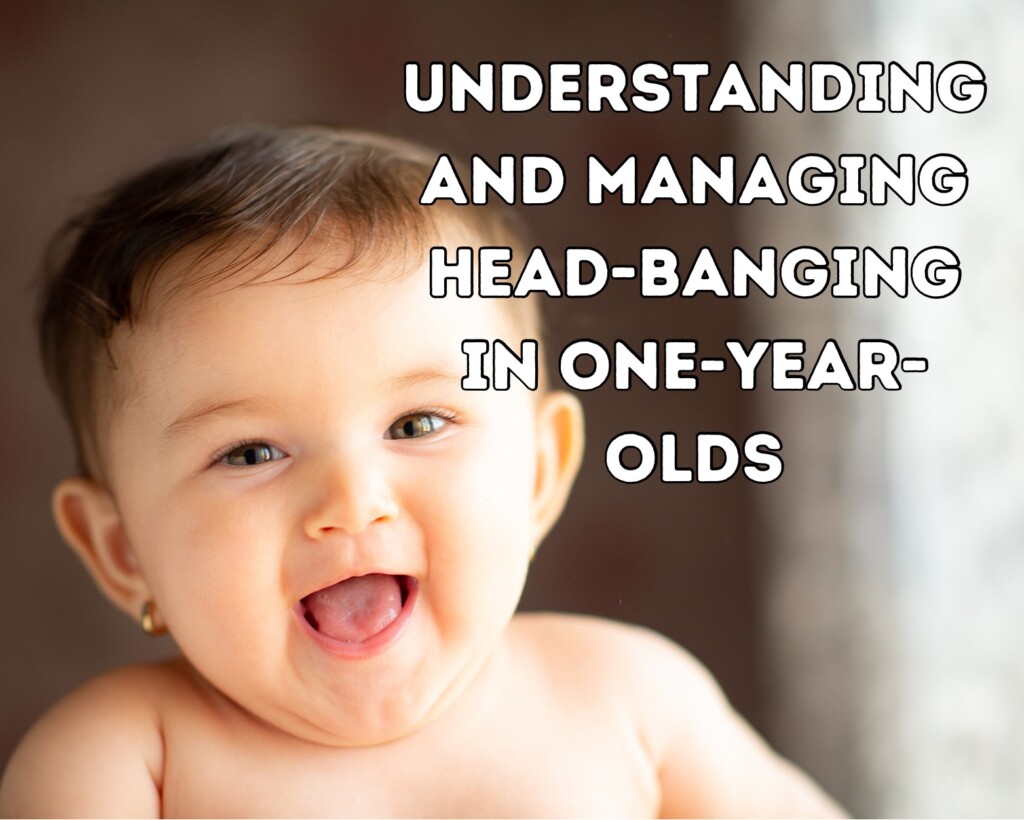
Could This Be a Sign of Autism or Sensory Processing Issues?
This is usually the next question that pops into a parent’s mind after seeing their toddler hit themselves:
Is this just a phase, or is it something more?
The truth is, occasional head-hitting during tantrums is usually not a sign of autism. But if it’s happening frequently, intensely, or outside of frustration moments, it can sometimes be connected to sensory processing issues or developmental differences.
Here’s what to consider:
- Is your toddler also missing speech or social milestones?
Things like lack of eye contact, delayed speech, or not responding to their name can sometimes accompany more repetitive self-hitting behaviors. - Does your child seek out or avoid sensory experiences in extreme ways?
If they’re overly sensitive to touch, sound, or light—or crave intense sensations constantly—it could point to sensory processing differences. - Is the head-hitting repetitive and not tied to emotions?
For example, some children will bang their heads rhythmically while alone or calm. That’s different from a frustration meltdown.
That said, don’t jump to conclusions just because your toddler hits themselves once or twice during a tantrum. Most of the time, it’s just that—a tantrum.
If you want more insight into what’s typical vs. concerning, Reflecting the Ideal Dad brings a very real perspective on how we tend to put extra pressure on ourselves to spot every little problem, even when things are totally fine. Sometimes we just need to pause, breathe, and remember that toddlers are quirky little people figuring life out.

When Should I Worry About My Toddler Hitting Themselves?
That gut feeling matters. As parents, we learn to trust our instincts over time—especially when behavior feels outside the norm.
Here are some signs that it may be time to check in with your pediatrician:
- It happens multiple times a day, even when your child is calm or playing.
- There’s physical injury involved (like bruising, swelling, or broken skin).
- It’s paired with other behaviors like developmental delays, social withdrawal, or intense sensitivity to touch/noise.
- Your toddler seems “unreachable” during these moments—like they’re not aware of what’s happening.
I’ve asked myself this question more than once. I’ve watched tantrums turn into head-hitting, and second-guessed myself for not calling the doctor. But most pediatricians will tell you: it’s better to ask and be told “you’re fine” than to ignore something that needs attention.
You’re not overreacting. You’re just doing what good parents do—paying attention.
And if you ever need a moment to reset after one of those harder days, The Unmatched Exhaustion of Parenthood puts into words what we’re all thinking: this is so hard, but we’re still showing up. That’s what matters.

How I Respond When My Toddler Starts Hitting Their Head
Let’s be real—our first reaction as parents is often panic. The moment my toddler hit her head with her own hand during a meltdown, I gasped out loud. I rushed to her, arms wide, not sure if I should hug her, stop her, or just cry along with her.
Over time, I learned that how I respond in those intense moments actually shapes how often the behavior shows up again. So now, instead of panicking or lecturing, here’s what I try to do:
1. Stay calm—even if I’m freaking out inside.
If I panic, it fuels the chaos. Toddlers mirror us. Calm voice. Calm body. Deep breath (for me more than her sometimes).
2. Gently block the behavior.
If she’s hitting her head on the floor, I slide my hand under it. If she’s using her hand to hit herself, I softly hold her hands and say, “I won’t let you hurt yourself.”
3. Acknowledge the emotion.
I’ll say something like, “You’re feeling really mad right now. That’s okay. I’m here.” Sounds simple, but toddlers need help naming feelings.
4. Wait to teach until the storm passes.
Once the tantrum calms, I’ll say, “Next time you feel that mad, let’s stomp your feet instead,” or something similar.
It’s not about fixing it instantly. It’s about showing them we’re safe and steady—even when they aren’t.
This article on Navigating Parenthood Together helped me remember that we’re not going to respond perfectly every time. We just need to show up again and again—and learn from the chaos as we go.
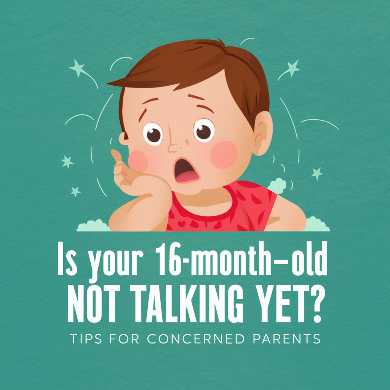
Ways to Help Toddlers Express Big Emotions in Safer Ways
Once I understood the why, I knew I needed to give my toddler better options. If she couldn’t hit herself, what could she do instead?
Here are some swaps that have worked for us:
1. Stomp it out.
I tell her, “If you’re mad, stomp your feet like a dinosaur!” It gives her a way to release that energy with her whole body—safely.
2. Hit a pillow, not your head.
We have a designated “mad pillow” in the corner. It’s surprisingly effective.
3. Use words, even if they’re simple.
I’ve taught her phrases like “I’m mad!” or “I don’t like that!”—and we practice them even when she’s not upset.
4. Squeeze something.
Soft stress balls or stuffed animals give that sensory feedback some kids crave.
5. Create a calm-down routine.
We use deep breaths, a favorite blanket, and music. Sometimes she still resists it, but when she’s open to it, it helps a ton.
And look, I know it doesn’t always go smoothly. There are days I pull every trick out of my parenting toolbox and still end up with a shrieking toddler rolling on the floor. But even in the chaos, those little steps start to make a difference.
If you’re in a season where everything feels like a meltdown, check out The Emotional Rollercoaster of Putting Kids to Bed. It’s honest, funny, and makes you feel way less alone.

What If My Toddler Keeps Doing It Even After the Tantrum?
This is where I started to worry more—not during the tantrum, but after. Once my daughter had calmed down, I caught her quietly tapping her head again while sitting on the couch. It wasn’t loud, wasn’t intense, but it was… off.
When toddlers keep hitting themselves outside of emotional outbursts, that’s when I shift into closer observation mode.
Here’s what might be happening:
1. It’s become a habit.
If they’ve done it multiple times and seen it get a reaction, it may have become a go-to when bored, tired, or needing attention.
2. They’re using it to self-soothe.
Some toddlers seek rhythmic motion or pressure as a way to calm themselves. You’ll see similar behaviors with rocking or rubbing their heads against a wall.
3. It’s a sensory-seeking behavior.
This is where we might enter the sensory processing conversation—some kids use self-stimulation to regulate how their bodies feel in space.
What I try to do:
- Watch when it happens. Is it before bed? When hungry? Tired? Frustrated?
- Replace it with a calming alternative—like rubbing a blanket, swinging gently, or humming a song.
- Don’t scold—but don’t ignore if it’s frequent, either.
If your toddler does it often while calm, especially without emotion behind it, it’s totally okay to bring it up at your next check-up.
Sometimes just hearing another parent say, “Hey, I see this too,” is enough. And if you need a laugh and some validation, The Hilarious Realities of Parenthood will hit that sweet spot between “me too” and “you can’t make this stuff up.”
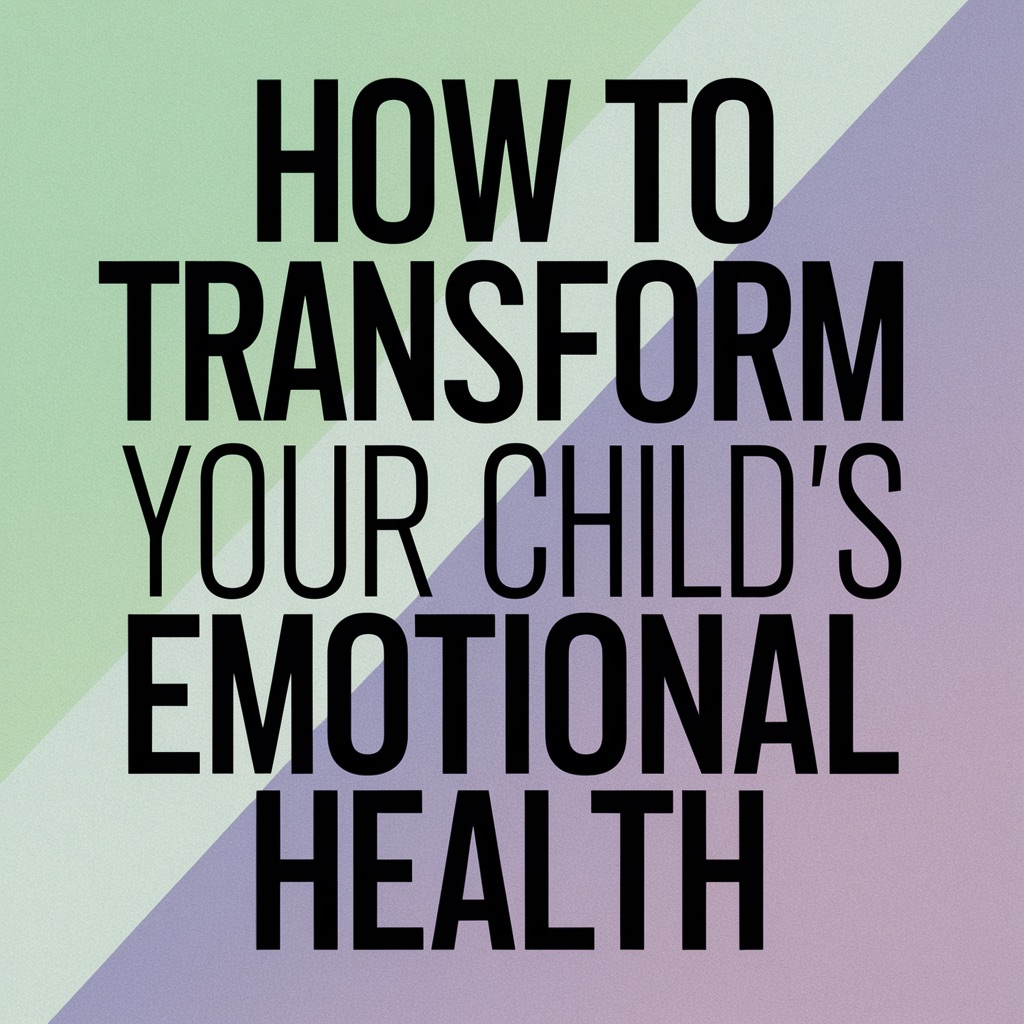
When to Talk to a Pediatrician About Self-Hitting
Here’s my rule: if it makes you feel uneasy, it’s worth talking about. You don’t need to wait until it crosses some invisible line to bring it up with your pediatrician.
Reach out if:
- Your toddler is hurting themselves hard or frequently
- The behavior is getting worse over time
- It’s happening randomly and not tied to tantrums
- You notice it alongside delays in communication or connection
Even if it turns out to be nothing, your peace of mind matters. Sometimes just having your pediatrician say, “That’s developmentally normal” is enough to take that pressure off your chest.
You could also journal the behavior for a week before the appointment—just short notes about when, how often, and what triggered it (if anything). This gives your doctor something solid to go off.
Parenting is a wild mix of instincts and doubt. If you’re wondering whether you’re overthinking, you’re probably just being a really tuned-in parent. And honestly, we all question ourselves. That’s why The Five-Minute Drive stuck with me. It’s those little in-between moments that remind us—we’re doing more right than we think.

Encouragement for Parents—You’re Not Messing Up
If your toddler has been hitting themselves, especially during a meltdown, it can feel like you’re doing everything wrong. I’ve had those moments where I’m sitting on the floor after a tantrum, questioning every parenting move I’ve ever made. But let me say this loud and clear: you’re not failing—your toddler is learning.
This behavior doesn’t mean you’ve done something wrong. It doesn’t mean your child is “bad” or “broken.” It means they’re still figuring out how to be a human—and you’re the safe place they’re learning from.
Here’s what I remind myself on the hard days:
- Toddlers hit themselves because they don’t know what else to do. You’re teaching them, little by little, that there are other ways.
- Progress isn’t always visible. Just because the behavior pops up again doesn’t mean your efforts aren’t working.
- You’re doing your best with what you know—and that’s enough.
Some days you’ll stay calm. Some days you’ll lose it. And that’s okay.
This phase doesn’t last forever. One day you’ll be past the tantrums and into the “Why?” phase, or the “But I wanted the blue plate” phase, or some new kind of chaos. But your toddler will be better at managing their emotions—because of you.
And if you ever need that moment of connection, that reminder that we’re all in this together, Why Does My Toddler Stare at the Wall? is another strangely comforting read. Because yeah—kids are weird. And wonderful. And raising them is the hardest and most beautiful job we’ll ever do.
Keep going, parent. You’re doing a great job—even on the days it doesn’t feel like it.
As an Amazon Associate we earn from qualifying purchases through some links in our articles.
